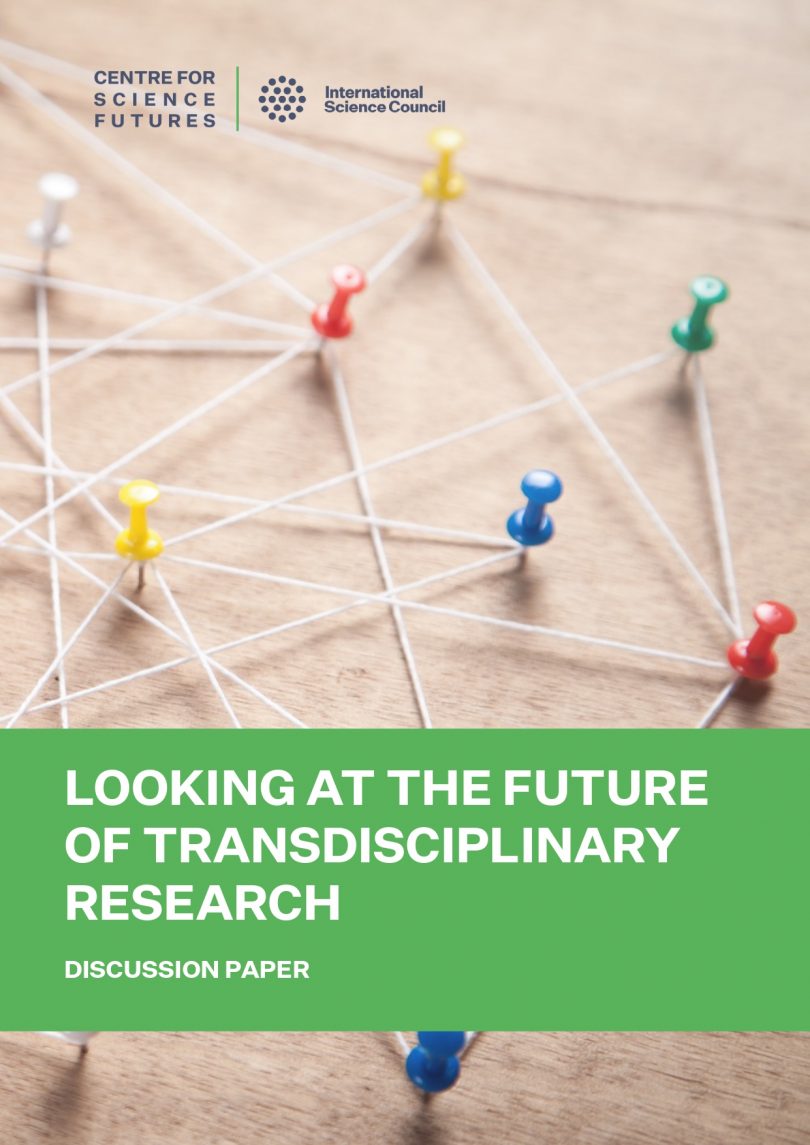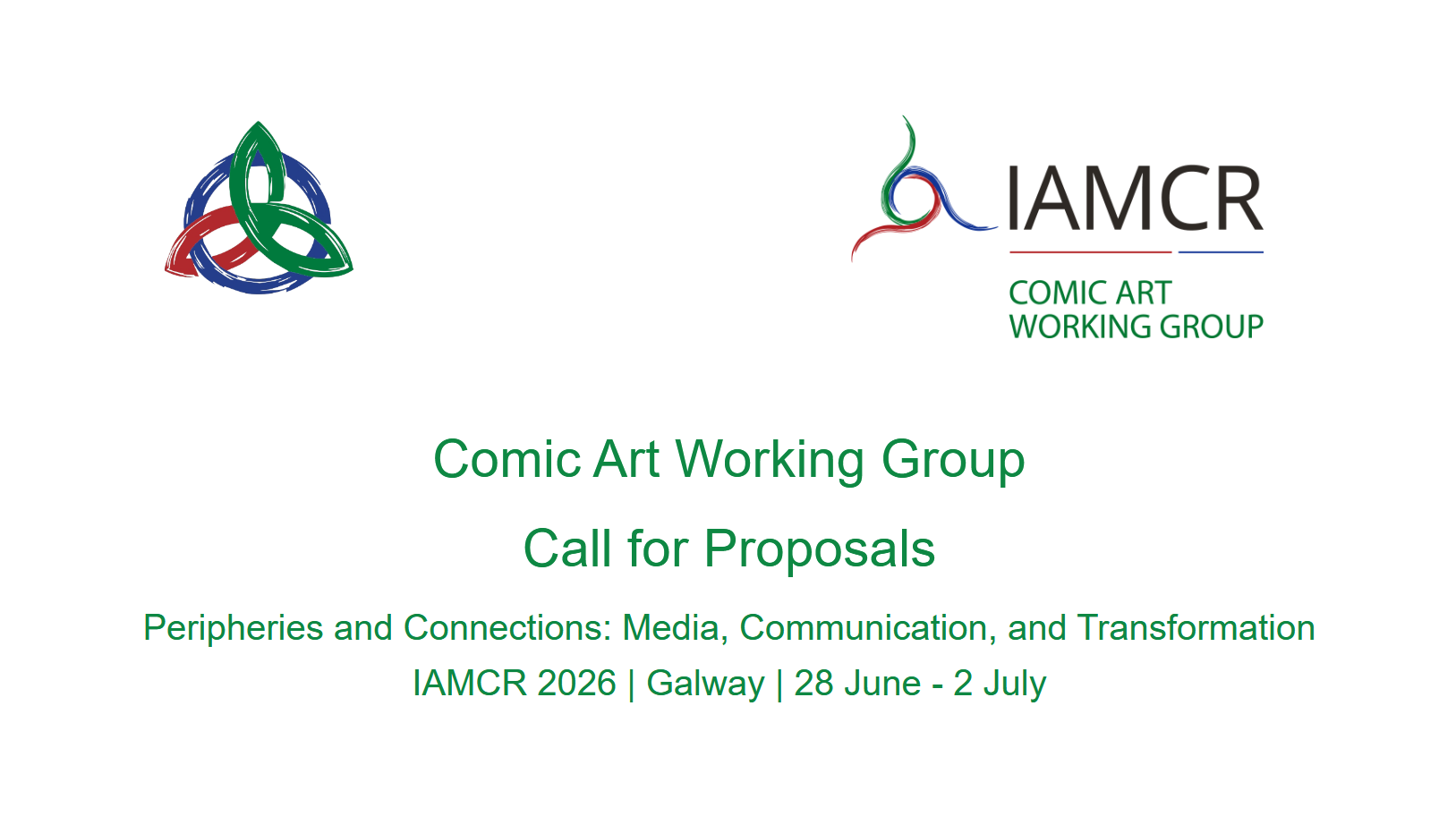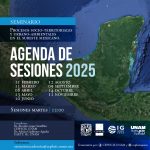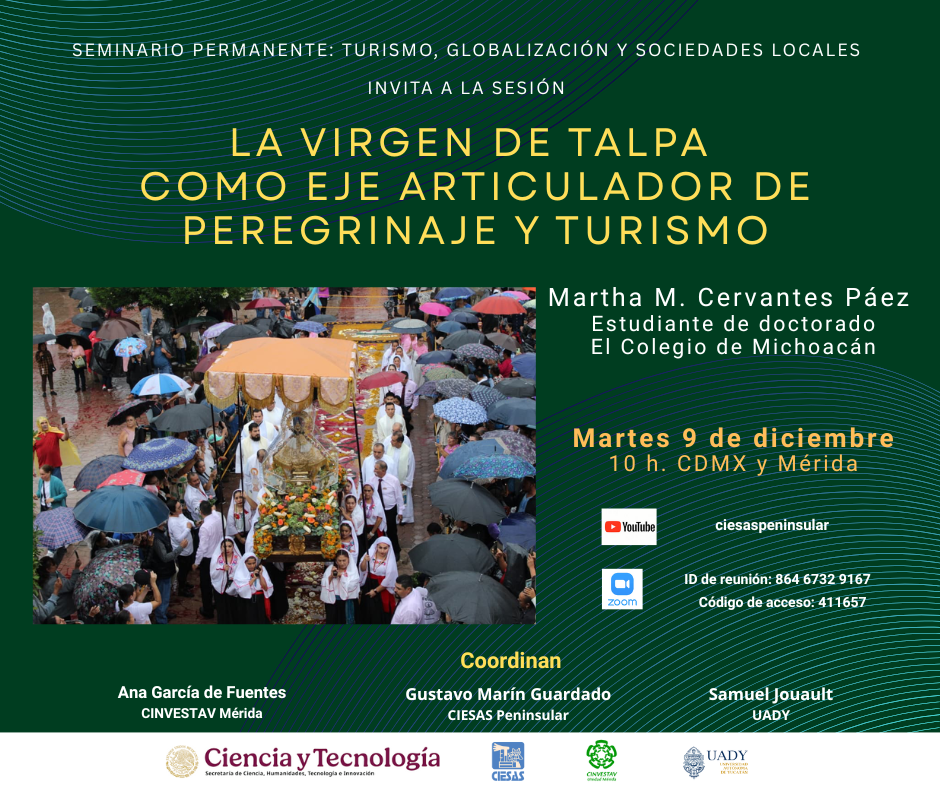Looking at the Future of Transdisciplinary Research
Introduction: Science in Contemporary Context
In the following we use the term ‘science’ in a broader sense than the usual English meaning. Our interpretation is closer to the German term ‘Wissenschaft’, which includes scholarship from the social sciences, humanities and jurisprudence.
Science is undoubtedly one of the main drivers of human development and technology. The recent rapid development of vaccines to address COVID-19 is widely recognized as a triumph of science. Science is also a major input to our understanding of the world around us, even when this world is complex, as for instance the global shifts due to climate change. Biological sciences give us knowledge about ecosystems and the threat of reduced biodiversity. Social sciences provide us with insights into the human condition, trends in political opinions and drivers for refugee movements. Religious studies illustrate differences and similarities between the world’s great religions, while historians produce insights and lively narratives of cultures of our past. Obviously, this is just a small selection of the value the public receives from science, many more examples could be added.
Yet, to see the whole picture, we must acknowledge the double-sidedness of contemporary science and the apparent ambiguity surrounding the value of the scientific knowledge we currently produce in such abundance. We must step outside the scientific community to understand attitudes to science across large segments of diverse publics. Present-day science is not shielded from substantial criticism and mistrust.
Some of this criticism is rooted in the undeniable fact that many problems we face today are the result of the application of past developments in science and technology. Innovations to solve one problem have created other and new problems as the result of their unintended consequences (Gluckman and Hanson, 2019; Leach, 2020). The Green Revolution is a good example of this. We improved the productivity of our food production systems, only to realize that we had unintentionally created a wealth of environmental problems. When we put science into action to solve one problem, we created the problems of the next generation.
Consider another pressing problem today: climate change. We now agree that climate change occurs and that the major driver for the temperature increase is human activity which, in turn, is largely driven by technological developments arising in the nineteenth century and leading to a carbon-based global economy. At the same time, we now recognize the inherent complexity of the grand societal challenges we are facing, not only climate change, but the health of humans, animals, and the environment. To these we can add the digitization of society, ageing populations, social cohesion, depletion of natural resources, food systems and food security, water scarcity, urbanization, economic volatility and global inequities (The Global North versus The Global South, gender, race, etc.). We have come to realize that these issues are inherently complex (not just complicated). They require careful consideration of scale and scope, are cross-disciplinary, defy precise predictions because of non-linearity and are interdependent in that they interact and impact each other. They are essentially what have been termed ‘wicked problems’ (Rittel and Webber, 1973). In the face of these challenges, it is small wonder that some people doubt the potential of science to help us. A general trust in science to solve our problems seems a phenomenon of the past.
Finally, on the ideological front, there are extreme political variants of post-modernism, resulting in what the media have termed a ‘post-truth’ society, liberally scattered with ‘alternative facts’, hate-induced racism and conspiracy theories. Disinformation in its various forms is a worrying trend, especially because we often do not know how to effectively counter it. This trend is broadly anti-science and undermines public trust in science.
As a consequence, present-day science needs to reflect on its own practices and consider how some of them could be adapted to meet the highly complex grand societal challenges and to improve its public acceptance. Science needs to find and try new forms of research and partnership to ensure public trust, and to be a reliable input into societal decision-making and policy-making, while also continuing with traditional modes of enquiry.
We believe it is time for reflection, for science and for societies in general. As scientists, we need to examine our practice, get to the roots of our activity (research) and the institutions through which science operates (the science system). We must ask how science and science systems can improve or evolve to become a trusted partner in the global societal and environmental changes that must be set in motion. In terms of substance for this reflectivity, we will address what may sound like simple questions, but which, on inspection, lead us to deeply philosophical if not ideological disputes. The apparently simple questions are: (a) What is science? (b) What is the relationship between science and action? (c) What are inter- and transdisciplinarity? (d) How do science and transdisciplinarity relate to other knowledge systems? (e) How can we improve the science–society and science-for-policy interfaces?
Download the report
Te puede interesar
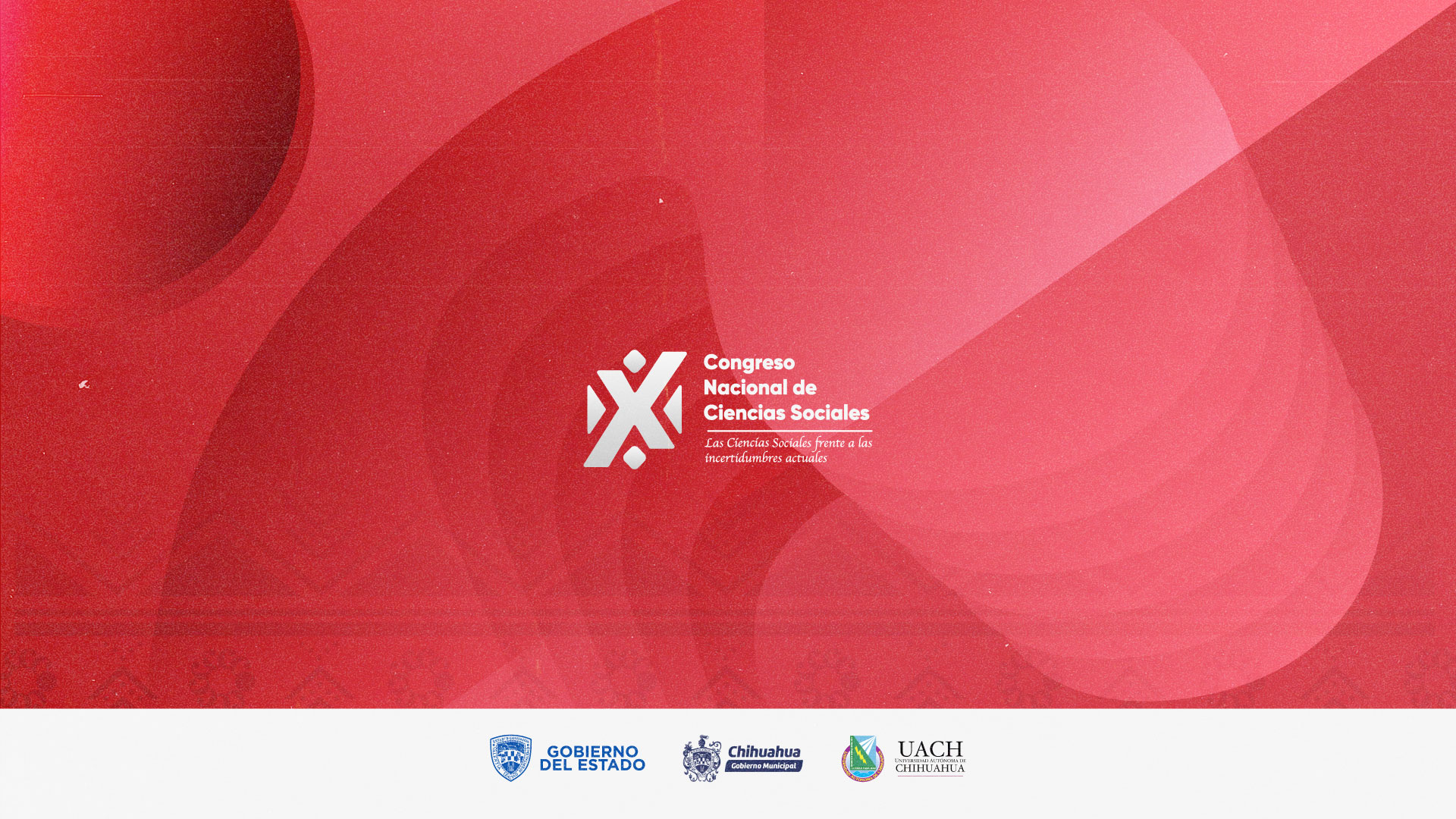
Convocatoria para presentación de libros
Laura Gutiérrez - Dic 10, 2025FERIA DEL LIBRO X CONGRESO NACIONAL DE CIENCIAS SOCIALES “Las Ciencias Sociales frente a las incertidumbres actuales” INVITACIÓN PRESENTACIÓN DE…

Convocatoria Feria del libro
Laura Gutiérrez - Dic 03, 2025FERIA DEL LIBRO X CONGRESO NACIONAL DE CIENCIAS SOCIALES “Las Ciencias Sociales frente a las incertidumbres actuales” INVITACIÓN Información general…

Memorias del IX Congreso Nacional de Ciencias Sociales
Roberto Holguín Carrillo - Jul 02, 2025IX Congreso Nacional de Ciencias Sociales Las ciencias sociales y los retos para la democracia mexicana. Realizado en el Instituto…
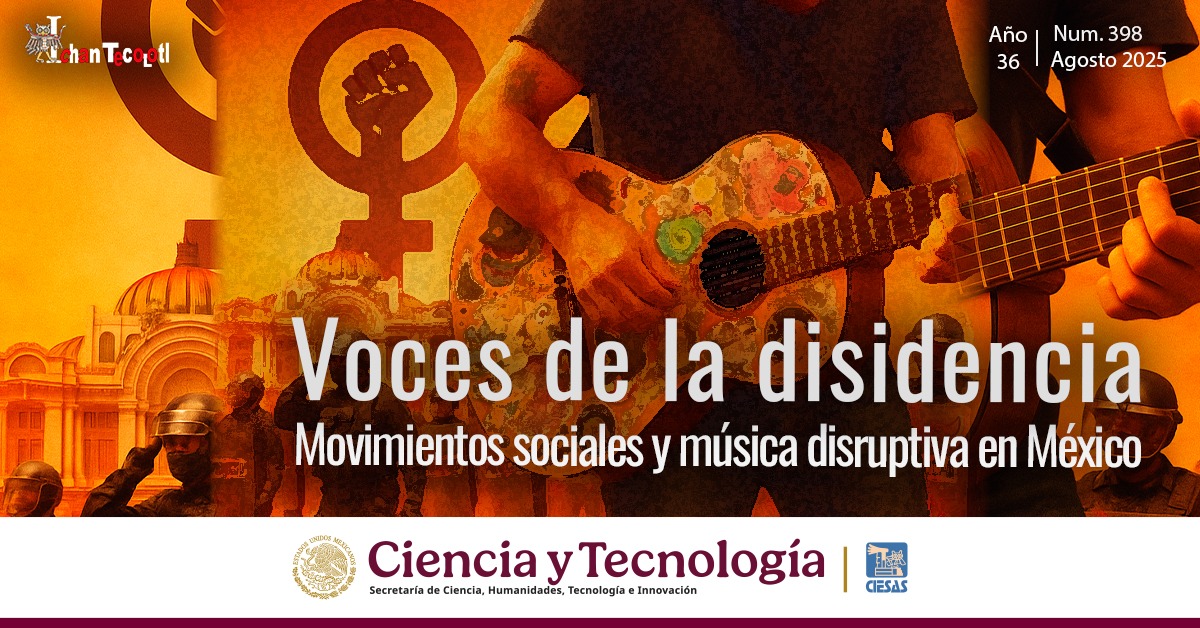
Ichan Tecolotl, núm. 398
Laura Gutiérrez - Dic 10, 2025Ichan Tecolotl Año 36, Número 398 (agosto 2025) Voces de la disidencia. Movimientos sociales y música disruptiva en México Ver…
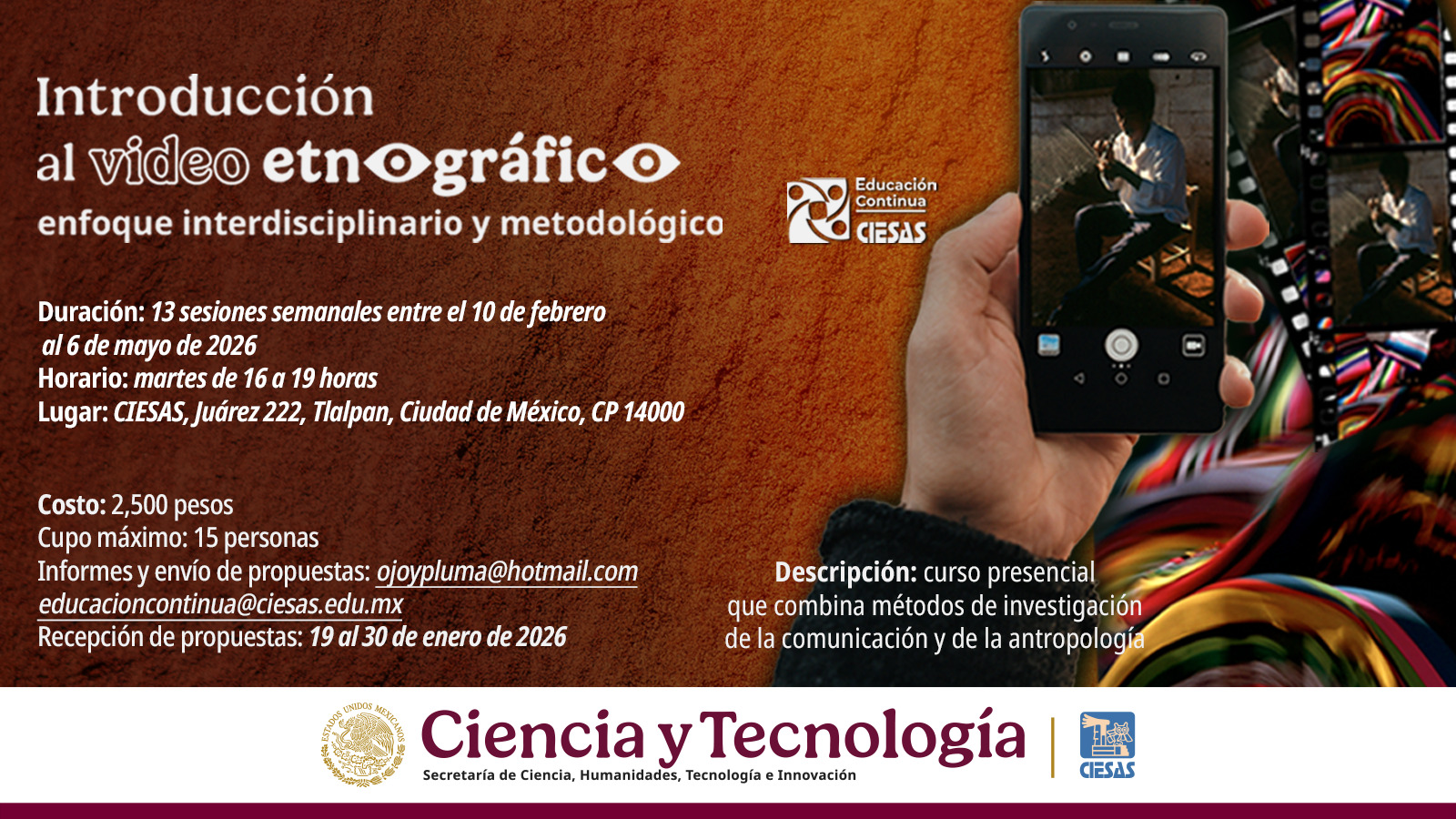
Curso Introducción al video etnográfico
Laura Gutiérrez - Dic 10, 2025Curso Introducción al video etnográfico 1. Objetivo Familiarizar a estudiantes o profesionales de la antropología y disciplinas afines con herramientas…
